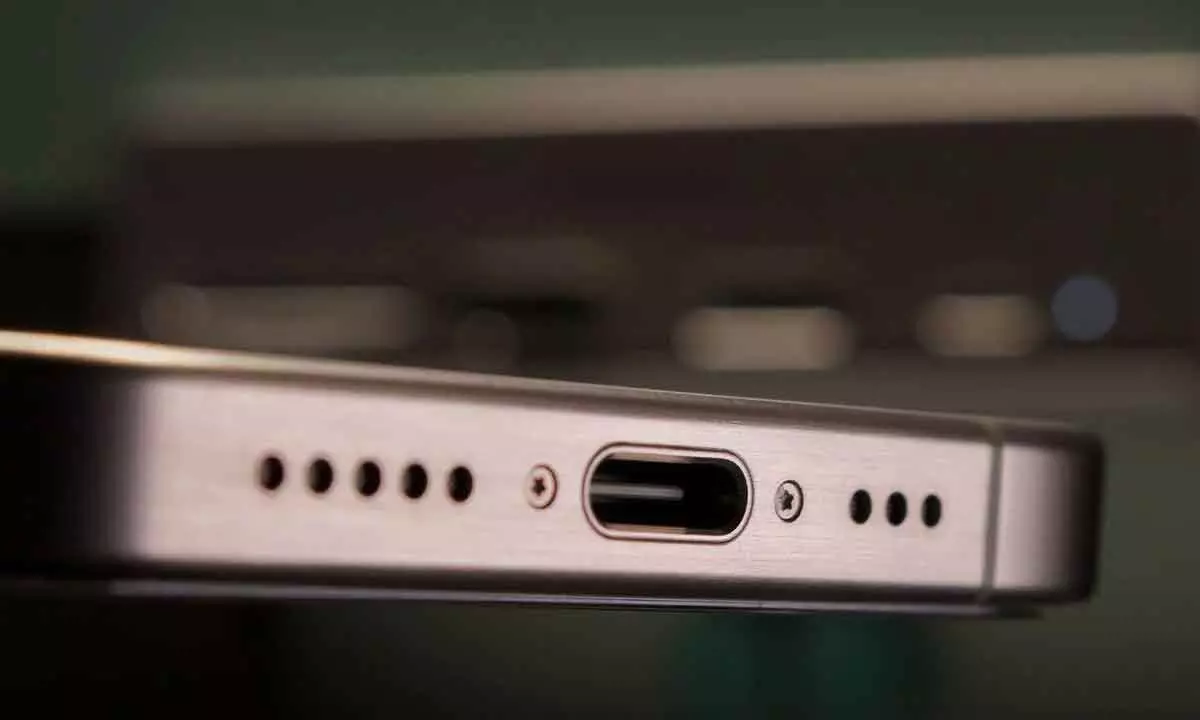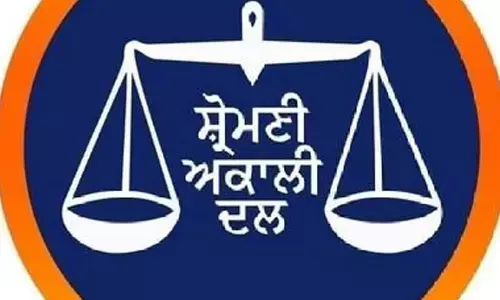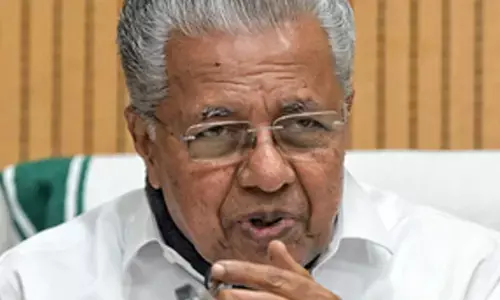Apple Faces Potential Triple Challenges in India Due to iPhone USB-C Issue

Apple faces a potential triple challenge in India as the country contemplates enforcing a law mandating the use of USB-C charging ports for smartphones.
Apple faces a potential triple challenge in India as the country contemplates enforcing a law mandating the use of USB-C charging ports for smartphones. The move is part of a global trend aimed at reducing electronic waste. Initially introduced by the European Union, this regulation led Apple to adopt USB-C in its iPhone 15 lineup, replacing the older Lightning port. Now, India is poised to follow suit, requiring smartphone manufacturers to adhere to the new standard. This development may pose significant hurdles for Apple, affecting its sales and manufacturing processes in the country.
The USB-C Charging Port Law in India
According to a report by 9To5Mac, one major impact on Apple could be a decline in the sales of older iPhone models in India. These models are equipped with Lightning port chargers, necessitating a shift in manufacturing practices to comply with the upcoming law. As a result, Apple might need to halt the production and sale of older iPhone models in India. This is a noteworthy concern, considering that a substantial portion of Apple's customer base in India relies on purchasing older iPhone models manufactured within the country.
Secondly, India's production-linked incentives (PLI) program imposes specific manufacturing volume targets on iPhone manufacturers to benefit from tax advantages. Failure to meet these targets results in penalties set by the Indian government. Enforcing the USB-C law could make it challenging for Apple
Additionally, following the manufacturing challenges experienced during the Covid-19 pandemic, Apple is actively seeking to expand its operations to other countries such as India to prevent a recurrence of similar issues. Unfortunately, this objective may face obstacles as well.
Apple's Requests
As reported by Reuters, Apple is making specific requests to the Indian government in response to the impending USB-C charging port law. The tech giant is seeking an exemption for some of its older iPhone models and is also urging a delay in the enforcement of the law. The rationale behind these requests is to allow Apple to align its manufacturing processes with the requirements of the Indian market. In a meeting with Indian regulators, Apple emphasized the potential difficulty in meeting the production-linked incentives (PLI) targets if the regulation is applied to earlier models of mobile phones.
Current Status of the USB-C Charging Port Law in IndiaPresently, reports are indicating that India intends to implement the USB-C charging port law not only for upcoming devices but for all devices. The enforcement of this law is anticipated to commence by June 2025. The Indian Ministry of Information Technology is actively considering the matter and is expected to decide the future.
















